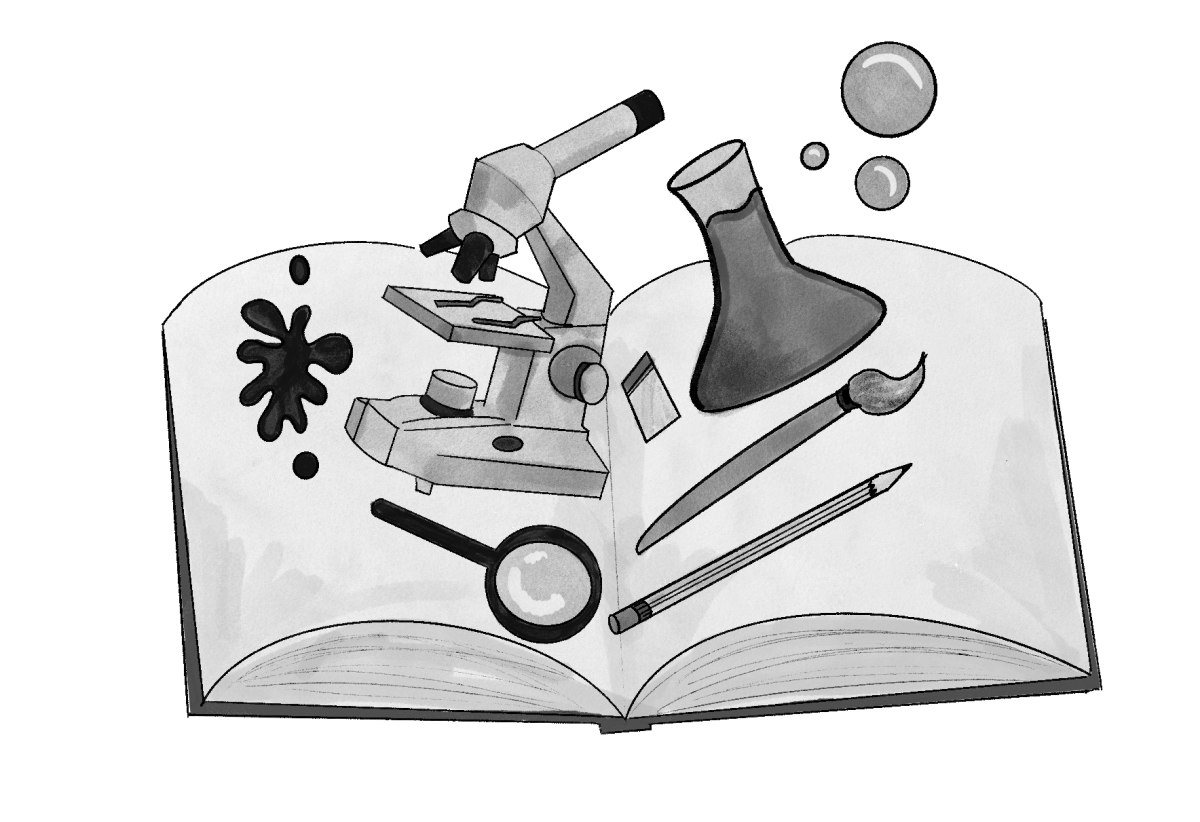Some SCHS classes are utilizing project-based learning as a teaching method to allow students to adapt and gain skills with real-world problems. After welcoming project-based learning into their classrooms, many teachers advocate for the benefits of research, planning and collaboration within projects on campus.
Math teacher Anthony Brasil has introduced projects into his classes by focusing on real-world problem solving and research best suited for student and course requirements.
“What can be useful for students? And then how can we tie in math so that it’s applicable to our classes?” Brasil said. “So for project-based math, trying to find one (project) that’s more relatable and useful for them (students).”
Horizon math teachers Paul Jacquard and Hao Pham teach project-based math curriculum surrounded by real-world problems in order to help students in the long run.
“We compared and contrasted what your expenses are when you go to college. Then, what are they after you finish school, in the workforce and you have to pay rent, car insurance, and monthly expenses,” Jacquard said.
Senior Romina Blanco agrees that project-based learning is useful in school as well as outside of school.
“The fact that working with people and collaborating with others is such a big part of the real world, I think it’s (project collaboration) just something that has to happen,” Blanco said.
Along with Blanco, junior Ren Brown appreciates how her habits inside the classroom have improved due to more project-focused assignments.
“We do notes, then we do it hands-on. I can get it right away, and I always have in my memory how it relates to the real world. That’s helpful,” Brown said. “I’ve noticed that I’ve been a lot more clean and focused on organization with my workspace, or just cleaning my hands before, or using gloves or a mask before and after a lab.”
Despite this advantage, Brown pointed out the pressure students may face by completing projects such as labs in a science-based class.
“For some people, it’s hard because especially Biotech, you have to be very perfect. You have to do the measurements correctly,” Brown said. “If you mess up, then it kind of ruins the whole lab.”
Brasil believes that when project-based learning is focused in groups, students have the opportunity to improve the efficiency of each project.
“I think that’s one of the things that you just deal with, hoping for the best and to re-align them at times towards the main goal, which is the project,” Brasil said.
While learning a new topic, many have found they prefer project-based curriculum rather than testing due to the time and effort they can spend on one specific subject.
“I feel like that (projects) kind of reflects more on your work because it’s over a longer period of time,” Blanco said. “It (a student’s grade) doesn’t just depend on how you’re feeling that one day and you went into the test, and then you get a score. It (the project) reflects more on your work ethic, your thought process.”
Many on campus believe project-based learning means more than just learning the subject, but also the long term value staff and students may gain by planning and completing the projects.
“It is just a way to kind of see math in a different way and shed light on its importance,” Brasil said.


